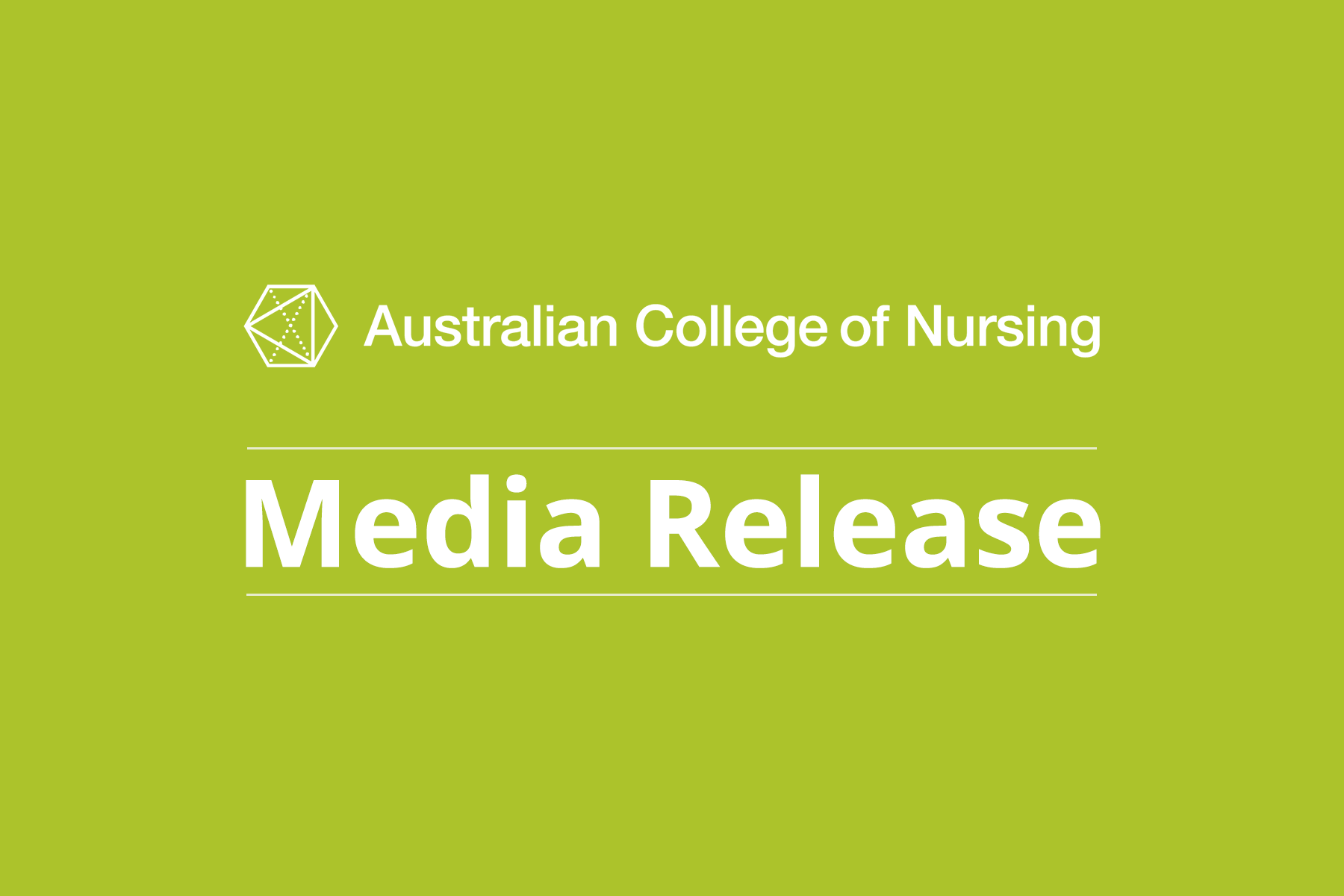The opportunities of the COVID-19 pandemic continue to represent an opportunity for Australia to do better in supporting the health of all, according to the Australian College of Nursing (ACN).
Speaking on World Health Day, ACN Chief Executive Officer, Adjunct Professor Kylie Ward FACN, said that the World Health Organisation (WHO)’s annual report should be seen as an opportunity by governments to build a better health care sector as the world rolls out the COVID-19 vaccine.
“Many of the issues identified by the WHO are issues that we face not only in Australia, but in our Pacific region where we have a role to both lead and support local health systems,” Adjunct Professor Ward said.
“We must use the pandemic as an opportunity to continue to support people most impacted by global inequality in health care, not just to aim to return to the previous status quo.”
Adjunct Professor Ward said the Australian Government must use World Health Day to look to support the most vulnerable members of our community, including Aboriginal and Torres Strait Islander peoples, Australians living in rural and remote areas and elderly Australians.
“We have seen those most susceptible to COVID-19 are also those who are at risk in other areas of health care, and we need to be supporting their outcomes elsewhere to better protect against the risk of pandemics in the future,” Adjunct Professor Ward said.
“The onus is on governments to ensure that they are working to Close the Gap and reduce the risk for those who need the most protection.”
“As a leader in the Indo-Pacific, Australia doesn’t just have a responsibility to its own people but also to its region. We must ensure we are supporting our Pacific family are receiving the COVID-19 vaccines and the training and support necessary to protect their communities.”
Adjunct Professor Ward said the focus on primary health care from the WHO was important in both the Australian and regional contexts and presents the best opportunity for improving outcomes both during and after the COVID-19 pandemic.
“We know the best form of preventative health care is primary care, often delivered by community nurses and health care workers. They are the people most likely to recognise issues early and help guide patients towards the care they need,” Adjunct Professor Ward said.
“More investment in primary health care and support for rolling out resources will mean better outcomes in healthcare no matter the community.”





